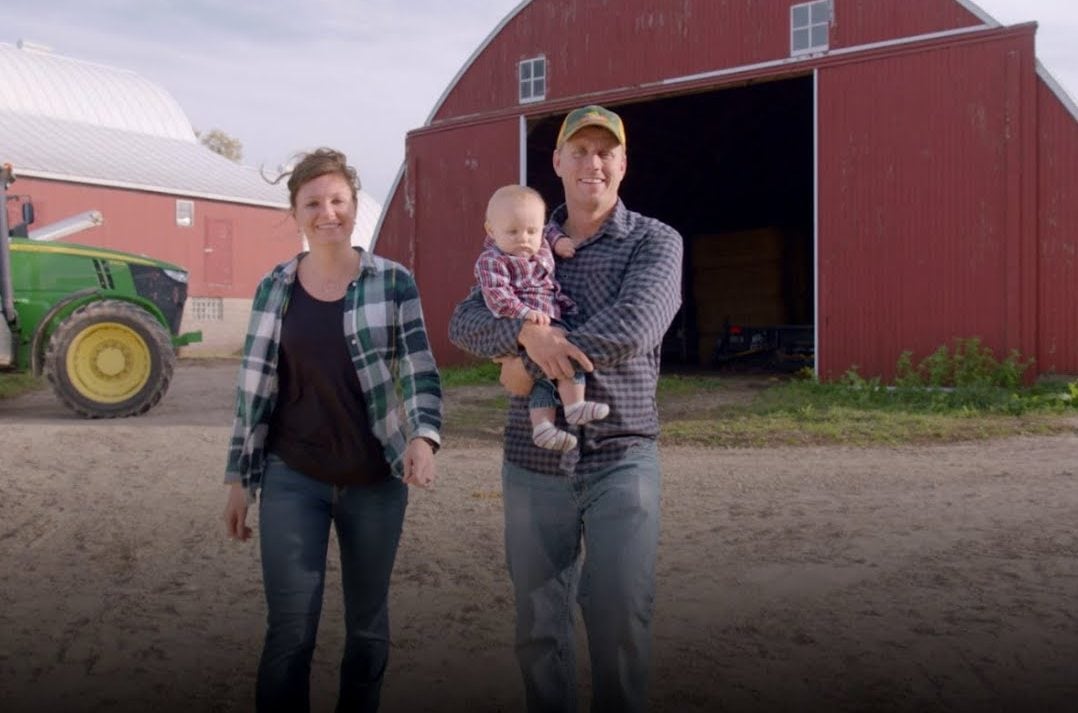Letters to Delta Video Turns Great Customer Service Into Marketing Tool
Share

APEX Insight: Delta shows how a small act of kindness can have a big impact. For more examples of individuals who go above and beyond the call of duty to elevate the passenger experience, check out the APEX Heart Awards.
Over the past few years a number of airlines have launched campaigns where the aim is to surprise or reward passengers. For some airlines, this takes the form of a stunt involving one or more flights of passengers, who are then given free flights.
A good example is WestJet, which last year created a giant illuminated Las Vegas ‘wheel’, visible to passengers on a Toronto – Las Vegas flight. The wheel spun, the winning ‘number’ (corresponding to a seat number) won a $2,500 shopping spree, while every passenger received free flights.
Another approach is for airlines to help passengers with a particularly compelling story. For example, #BAMagic, an on-going scheme by British Airways has helped a young girl undergoing cancer treatment realise her dream of becoming a stewardess, and flew a man recovering from a serious brain injury to Ireland and Australia.
In “Letters to Delta“, Delta is adopting a similar approach to British Airways. In what appears to be an ad-hoc one off piece of activity, Delta produced a film just before Christmas chronicling the story of “Baby Colten” and his parents.
The short film starts with a message that Delta receives “thousands of positive letters” from customers every year, and that this is story “62,792.” The film then starts talking about a farming couple from Minnesota, which moved temporarily to Colorado for work with their newborn son – Colten.
When it was time to move back Colten was diagnosed with a life threatening respiratory illness, which meant the mother had to stay behind while the father went back to the farm. The film then talks about a phone call made to a Delta customer services representative called Ann, who, with the help of her supervisors, took it upon herself to rearrange the family’s flight back at no extra charge, and to an airport which was closer to home for the family.
The film then concludes with Delta flying the family to surprise and thank Ann at her desk, for her efforts.
When watching the film we thought it was effective because it was human, believable and something a lot of people could relate to. No, Delta didn’t fly the family halfway around the world or provide some kind of luxury package, this was essentially just a simple flight change.
But it showed how something (relatively) small can make a big difference. It also put the spotlight on Delta employees in both showing the human face of the brand, while also suggesting that they have the leeway to make decisions such as this, as opposed to adopting a rule book mentality.
We don’t know if Delta is considering extending ‘Letters to Delta’ into a regular series, but they should.
Key Takeaways
As a piece of PR this works precisely because it doesn’t involve a huge stunt or ‘trip of a lifetime’ type prize. It involves things a lot of people can relate to: A family member getting sick (in this case an infant), unforeseen events meaning your flights have to be changed at the last minute and having to depend on someone at the other end of the phone to show some sympathy and bend the rules to help you out.
You watch it and think “that could have been me” and “thank god the airline helped them out.” Delta could do worse than to extend ‘Letters to Delta’ into a regular campaign.
As an airline – what can you do to bring everyday stories like this to life?
This case study was featured in SimpliFlying’s Airline Marketing Benchmark Report, which showcases the top airline branding strategies each month. Find out more here.


